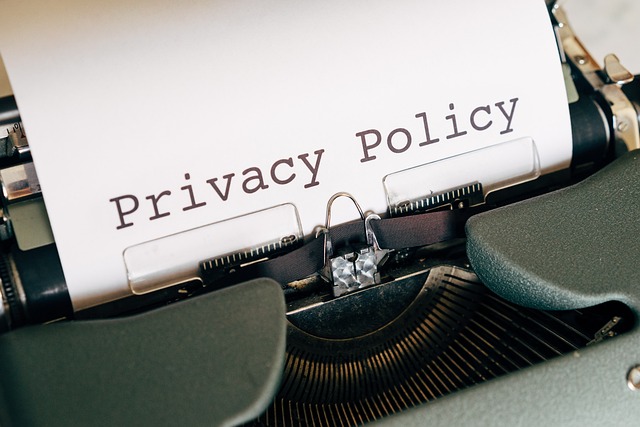As online education continues to evolve, the need for robust data protection strategies has never been clearer. In an era where learning takes place in virtual classrooms, safeguarding personal information is paramount. Students and educators alike seek to build knowledge in a safe environment, free from the threats lurking in cyberspace.
Data protection in online education is not just about compliance with regulations; it’s about fostering trust and creating a sense of security. When students log into their courses, they should feel confident that their personal information—be it academic records, communication logs, or payment details—is protected. This trust is fundamental to encouraging active participation and engagement in the learning process.
Educators must turn their attention to technology that enhances security while promoting interactive learning. Platforms that integrate secure login features, encryption methods, and routine safety audits create a resilient infrastructure for knowledge building. Moreover, institutions must prioritize training for both students and staff on best practices for online safety and data protection. By educating the entire academic community, they reinforce the collective responsibility of safeguarding personal information.
Moreover, the rise of collaborative tools in online education brings new challenges and opportunities. While these tools foster interaction among students and instructors, they also create potential avenues for data breaches if not managed correctly. Institutions can invest in secure collaborative applications that prioritize data protection, enabling users to share insights, collaborate on projects, and build knowledge in an environment designed with their safety in mind.
In addition, policies surrounding data usage and retention can greatly impact an institution’s ability to protect information. Regular updates to privacy policies, coupled with transparent communication about how data is handled, elevate the overall security posture of educational platforms. When students understand how their data is used and the measures in place to protect it, they are more likely to engage freely and fully in their educational journeys.
As we move forward in the digital age of learning, it is essential to acknowledge that enhancing data protection is a shared responsibility. Students need to be aware of their roles in keeping their information safe, including strong password practices and recognizing phishing attempts. On the other side, educational institutions must commit to using the latest technology and training to defend against cyber threats. Together, we can create a secure atmosphere for the exchange of ideas and the building of knowledge, ensuring that the pursuit of education remains a safe and enriching experience for all.




